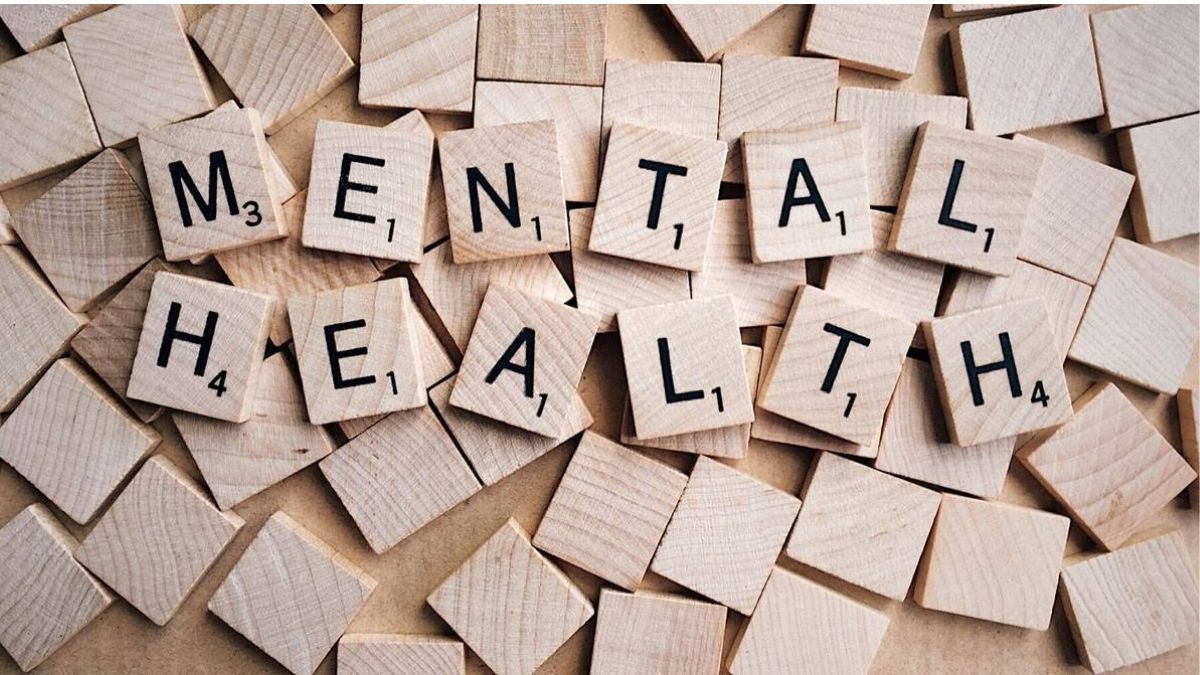One of the most important aspects in the field of Developmental Psychology (the branch of psychology that studies the psychological development of people as they grow) has to do with the acquisition of social skills . This should not surprise anyone: much of our way of being and behaving has to do with how we have been relating to other people, learning from our experiences as we go through the different stages of life.
That is why, for example, parents often go to great lengths to teach their little ones to talk to others, to be polite, to resolve conflicts without resorting to attacks, etc. However, we must not overlook that social skills are not guaranteed simply by accumulating years. There are many adults who in their day to day suffer problems due to the lack of social skills , and many times they even assume that this is part of their identity , as if it could not change.
Due to this, it is very important to learn to recognize the problems derived from the lack of social skills in adults, and to become aware that their main cause can be solved.
Problems derived from the lack of social skills in adults
After the age of majority, it is perfectly normal not to stand out for having good social skills or even experiencing difficulties in this area. In itself it is not a sign of a lack of intelligence , or an inability to “connect” with others. It has to do with the fact of not having gained a certain practice with interactions with others, or with having internalized a series of inadequate learning; And like everything that depends on learning , it is an area in which significant progress can be made at any age.
But in order to achieve this, it is first necessary to assume that underneath all those frustrating experiences, those misunderstandings or even that stress when talking to people, there are several groups of psychological skills that it is possible to identify and “train”, leaving aside stigmatizing labels and that keep us anchored in the feeling of guilt, without proposing to overcome those problems. Therefore, read on to see a classification of the most common problems derived from the lack of social skills in adults. They do not have to occur all at once (some even tend to be incompatible) but they are part of those that are more normal to see in consultation.
1. Lack of negotiation skills
Lack of assertiveness consists of a tendency to bend to the interests of others in a systematic way, without even trying to reach a fair point of agreement for both parties. Many people who feel that they will not be able to assert their interests and opinions resort to this passive attitude to avoid going through uncomfortable moments, which has a very negative impact on both their private and work lives.
2. Tendency to generate arguments for no reason
Anger mismanagement is one of the most common problems associated with a lack of social skills at any age. In addition, in adulthood, they are at greater risk if violence is used, and they can break relationships in a matter of minutes.
3. Problems meeting people
It is one of the most emotionally painful consequences, since it is associated with a feeling of loneliness experienced as “irremediable” (although in reality it is not). This causes problems both in young adults (it is difficult for them to find people for their leisure plans) and in middle and elderly people, who due to their way of life relate to fewer people than young people and notice that they have less to choose from. In extreme cases, the disorder known as social phobia appears , linked to the fear of being exposed to unknown or semi-unknown people.
4. Tendency to generate misunderstandings
Communication problems can be very varied, but in relation to the lack of social skills , they usually arise from difficulties in adopting the point of view of the interlocutor. This means that, for example, the way in which the context in which you speak modifies the meaning of words is not taken into account.
What to do with these kinds of problems?
The best way to develop social skills and gain fluency and fluency in the way you interact with others is to have the support of a psychologist . And it is that although many people assume that the work of psychotherapists is limited to intervening in cases of psychological disorders, the truth is that psychology professionals work with all kinds of problems related to people’s emotions and behavior regardless of whether there are psychopathologies involved or not.
In addition, in therapy we offer training programs in social skills adapted to each person and taking into account their interests and particularities: if the discomfort arises especially in the couple’s relationship, we work from couples therapy ; If the problem is mainly at work, skills such as assertiveness and management of work stress and negotiation, etc. , are enhanced .
In short, therapy goes beyond the abstract concept of “lack of social skills” and works with the specific characteristics of the person and with the specific contexts to which they are exposed on a day-to-day basis, without limiting ourselves to applying advice generic.


